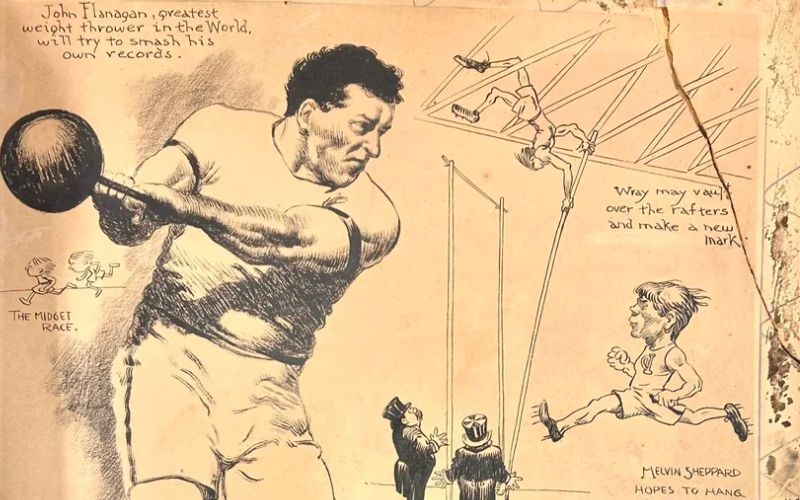So, I don't know if you've heard about this little show called Mad Men? It premiered in July of 2007 and, now kicking off its fourth season, has four Golden Globes and four Emmys under its belt. I got on the bandwagon awfully late, largely due to not having cable, but last week a co-worker took pity on me and lent me Season 1 on DVD. I finished it in days, canceling dinner plans and drinks with friends to sit in bed and watch three hours at a time of Don Draper's half-smirk and Joan's costume changes. I was absolutely mesmerized- and so, it seemed, were the approximately 2.9 million viewers who tuned in to watch the season 4 premiere, having figured out long before I did that this is a show worth talking about.
Set in the early 1960s, Mad Men is about far more than the careers and affairs of Madison Avenue ad executives. It's hitting on some deeper levels of analysis about Americana that resonate even with those of us whose parents were very young children when Don (Jon Hamm) and Betty (January Jones) were chain-smoking while reading bedtime stories. Solidly fifty years later, with all the changing social mores that half a century have brought, these characters have as much as ever to say about the shifts between surburbia and New York City, about the complex desires and choices (or lack thereof) of women carving out new roles in their homes and in corporate settings, about redefining happiness in an era where those of a certain sociocultural stature were overwhelmed by the prospect of "having everything." As Peter Applebome put it in a recent New York Times piece, "If Mad Men came with a decoder ring it would surely spell out: "Read John Cheever."




Comments